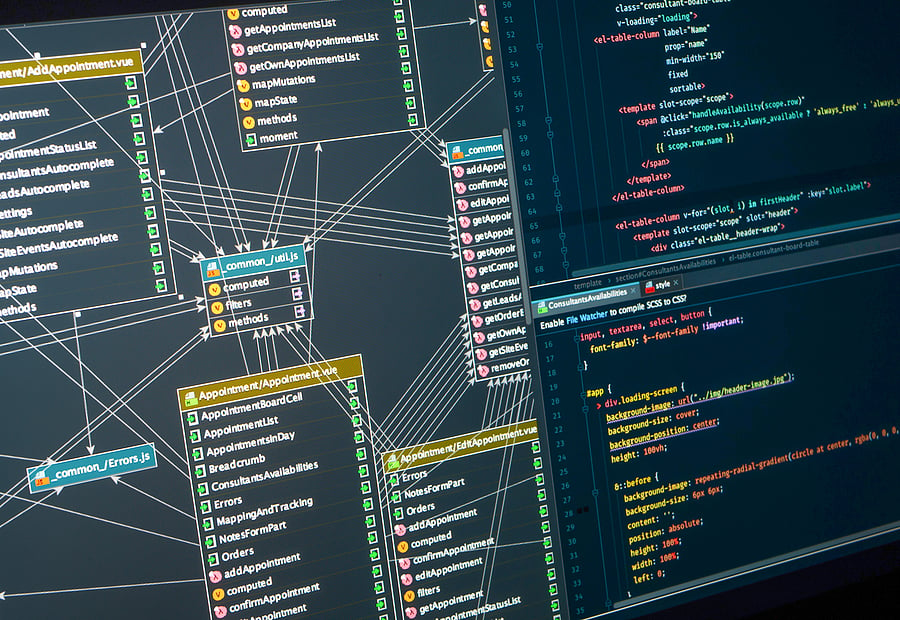Pulse of Information
Your source for the latest insights and updates.
Back-End Development: Where the Magic Happens
Unlock the secrets of back-end development! Discover how the unseen magic powers your favorite websites and apps. Dive in now!
Understanding Server-Side Languages: A Deep Dive into Back-End Development
Server-side languages are an essential component of back-end development, enabling developers to create dynamic, interactive web applications. Unlike client-side languages, which execute in the user's browser, server-side languages run on the server, processing user requests and generating content before sending it to the client. Common examples of these languages include PHP, Python, Ruby, and Java. Each of these languages offers unique features and frameworks, allowing developers to choose the right tool for their specific needs. For instance, PHP is widely used for web development due to its ease of integration with various content management systems, while Python's versatility makes it a favorite for data-driven applications.
Understanding server-side languages also involves recognizing their role in web application architecture. These languages facilitate the connection between the database and the user interface, ensuring a seamless flow of data. A basic back-end development stack might include a server-side language, a web server (like Apache or Nginx), and a database management system (such as MySQL or MongoDB). By mastering these components, developers can build robust applications that are both secure and efficient. As the demand for web applications continues to grow, proficiency in server-side languages became a crucial skill for aspiring developers in the ever-evolving tech landscape.

Top 5 Frameworks Every Back-End Developer Should Know
In the fast-paced world of web development, staying updated with the latest back-end frameworks is crucial for every developer. Understanding these frameworks not only enhances productivity but also improves code quality and maintainability. Here are the top 5 frameworks every back-end developer should know:
- Node.js: Known for its non-blocking architecture, Node.js is perfect for building scalable applications.
- Django: A high-level Python framework, Django emphasizes rapid development and clean, pragmatic design.
- Ruby on Rails: This framework is famous for its convention over configuration approach, enabling developers to write less code.
- Spring: Java developers often turn to Spring for its comprehensive set of tools and vast ecosystem.
- Flask: A lightweight Python framework, Flask is highly adaptable for both small and large applications.
Common Back-End Development Challenges and How to Overcome Them
Back-end development comes with its own set of challenges that can hinder the progress of a project if not addressed promptly. Common back-end development challenges include issues such as scalability, security, and database management. For instance, as an application grows, it may struggle to handle increased load, leading to performance issues. Developers can overcome these hurdles by implementing efficient coding practices, utilizing cloud services for scalability, and optimizing database queries to reduce response times.
Another significant challenge is ensuring security in back-end development. With the increase in cyber threats, developers must prioritize security by adopting best practices like input validation, data encryption, and regular security audits. Establishing a solid authentication mechanism is also crucial. By incorporating layers of security and keeping software up to date, developers can greatly mitigate risks and provide a more secure application for users.